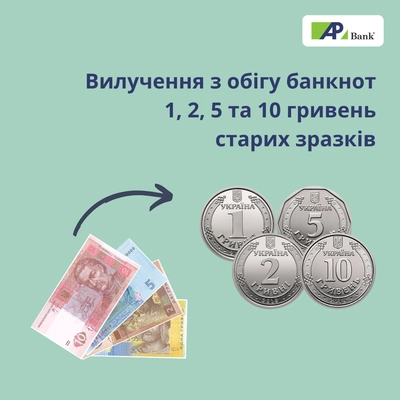A week ago, the NBU Monetary Committee decided to lower the discount rate to 20% per annum. In addition, the regulator made a number of other adjustments to monetary policy. We will consider in our article what impact the adopted changes will have on interest rates in banks.
How will rates on bank deposits change in the near future?
The National Bank bases its decisions on the principle of predictability; accordingly, these expectations have already been taken into account by banking institutions. Consequently, interest rates move more in line with each bank’s plans for interest rate and risk policy, activation of lending, etc., but, of course, taking into account the actions of the NBU and taking into account the reduction in the discount rate.
It is expected that interest rates on deposits in banks will decrease, but gradually and measuredly, so that this does not dramatically affect the volume of deposit portfolios.
At Agroprosperis Bank, we also plan to gradually reduce interest rates, but we give clients the opportunity to have time to arrange deposits at higher deposit rates.
What interest rates on bank deposits should we expect until the end of 2023?
Achieving target inflation rates and controllability of hryvnia stability, the National Bank announced to the market plans to gradually reduce the discount rate and gave clear signals for banks to increase interest rates on deposits. If the market did this more slowly than the regulator expected, it used other tools, such as controlling hryvnia liquidity, such as increasing reserve requirements.
As a result, the differential between the National Bank rate and deposit rates, which arose a year ago, decreased threefold and the change in rates was synchronized. The expected next reduction in the discount rate may balance rates in the market, unless new challenges arise.
Taking into account controlled inflation, deposits in hryvnia will remain a profitable savings instrument when the interest rate on the deposit will not only protect funds from depreciation, but will also allow you to earn money.
How will interest rates on deposits in US dollars and euros change?
In our opinion, drastic changes should not be expected. In fact, due to the increased requirements for the formation of reserves for foreign currency balances, in general we predict a low level of deposit rates in foreign currency and further until the current design of the NBU monetary policy is softened, if any.
It is important to understand that the demand for foreign exchange resources from ordinary borrowers within the country is quite limited. The policy on the US Federal Reserve discount rate and the actual setting of the Federal Reserve discount rate at the maximum levels over the past 2 years add an indirect impact on the possible increase in rates on deposits in dollars. In particular, thanks to this, depositors are not yet faced en masse with negative interest rates on foreign currency deposits, when the client pays for saving his funds. But still, the actions of the NBU regarding reserve standards in freely convertible currency are more convincing in the pricing policy.




